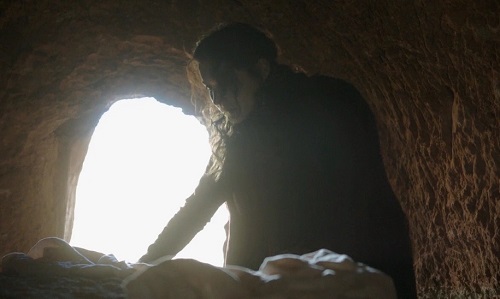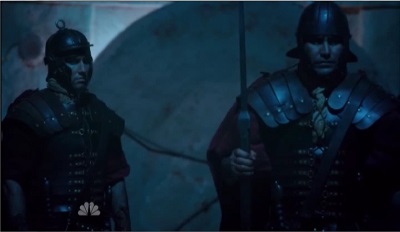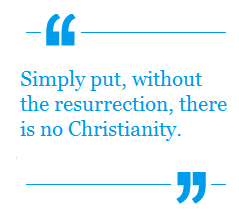A Resurrection Day Meditation
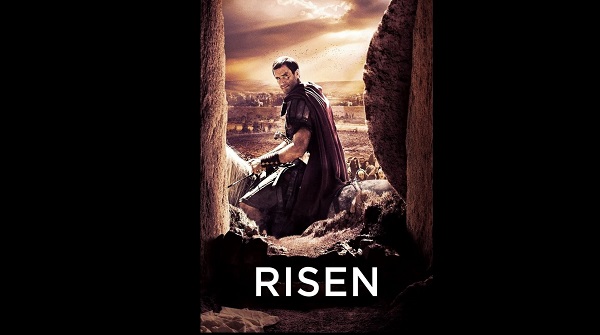
From considering false messiahs, a type of the Antichrist in the previous article, to this article which, for this resurrection day (a holiday commonly called Easter), we move on to considering the true Messiah. On Easter day Christians commonly say to each other:
Jesus Christ is risen!
He is risen indeed!
So we will consider the true messiah in the context of the 2016 movie Risen, a movie that explores the question: what would you do if you had personally seen both the death of Yeshua [1] and then, a number of days later, saw him alive and well and spoke with him, whose touch you felt and in whose presence you ate and asked him questions. Would that finally move you to faith? Though that question is aimed at skeptics, doubters and unbelievers, the movie also provides encouragement for believers which we’ll get to.
Without going into all the tenets of the Christian faith, like the gospels, this movie gives you ample evidence to believe this section of the Nicene Creed, which is at the heart of the Christian faith and what we’re considering today:
For our sake he was crucified under Pontius Pilate; he suffered death and was buried. On the third day he rose again in accordance with the Scriptures;


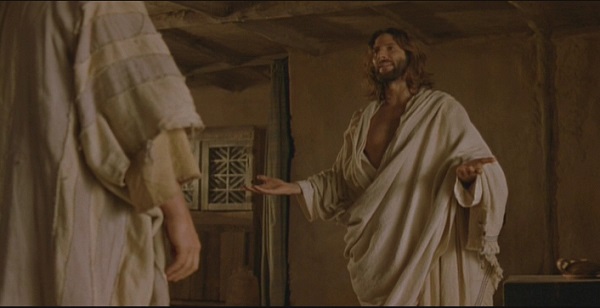
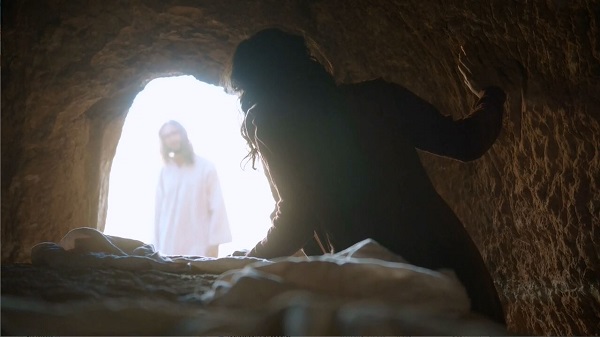
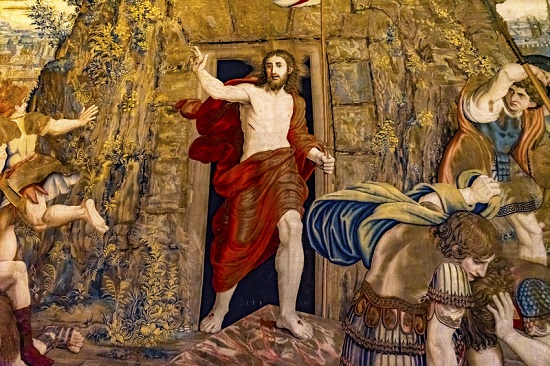
_550.jpg)
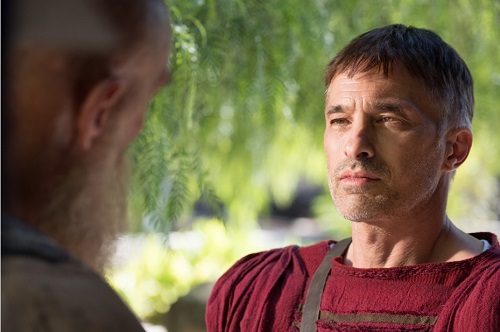
.jpg)
